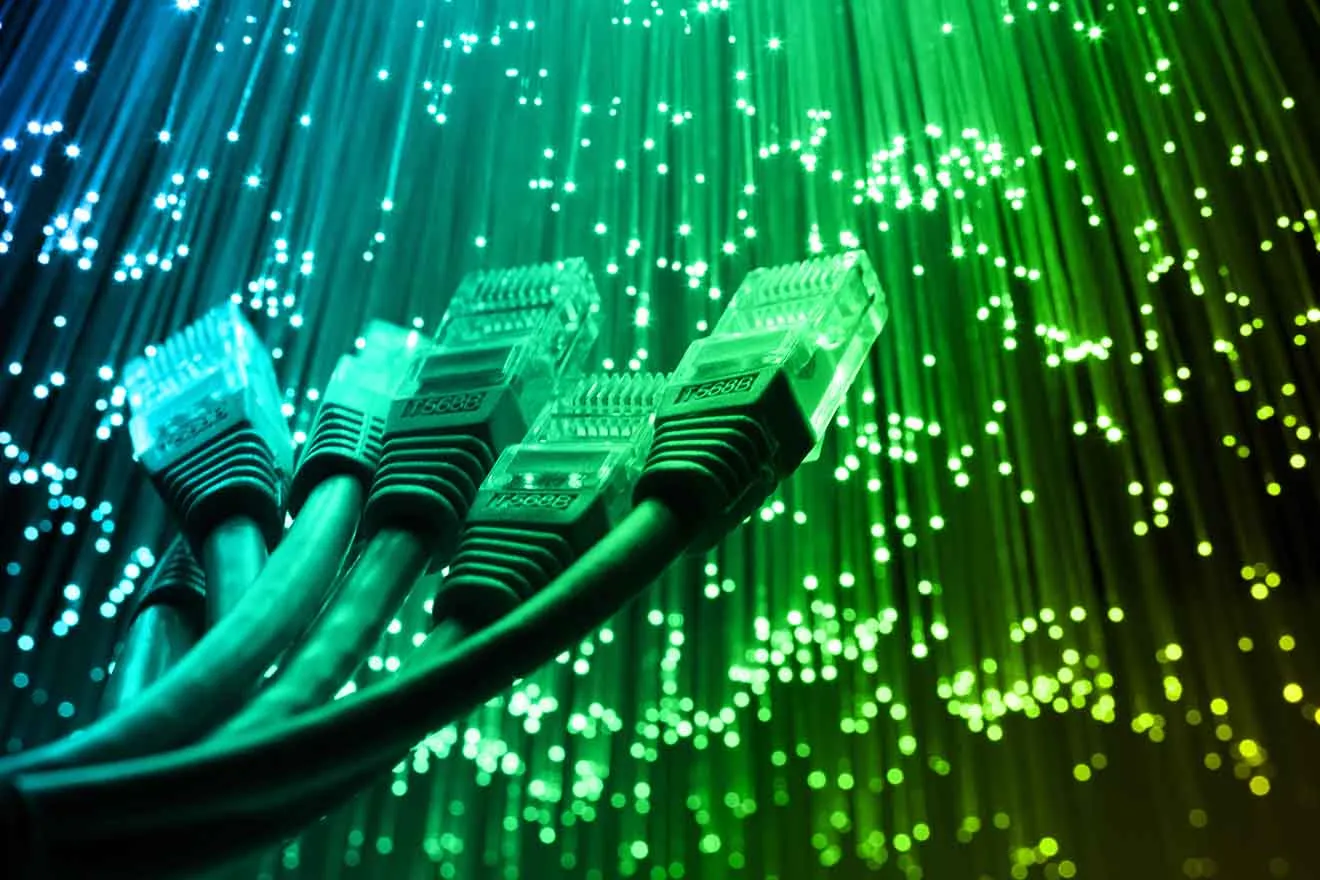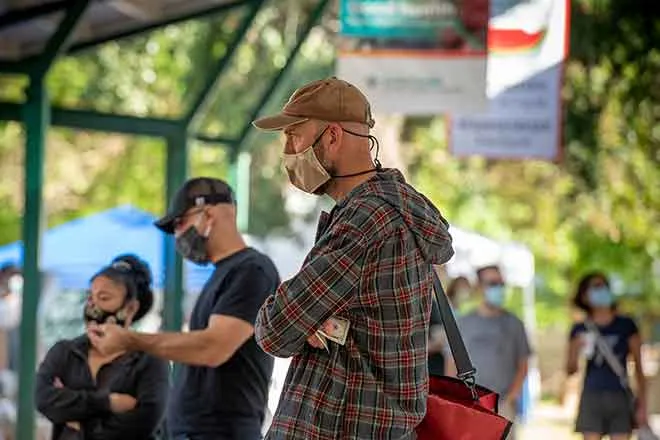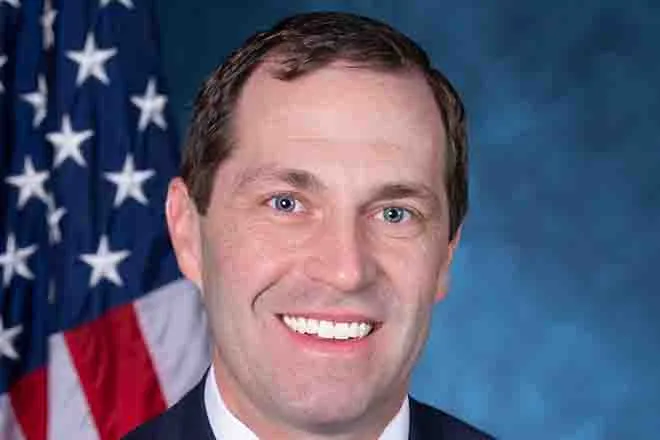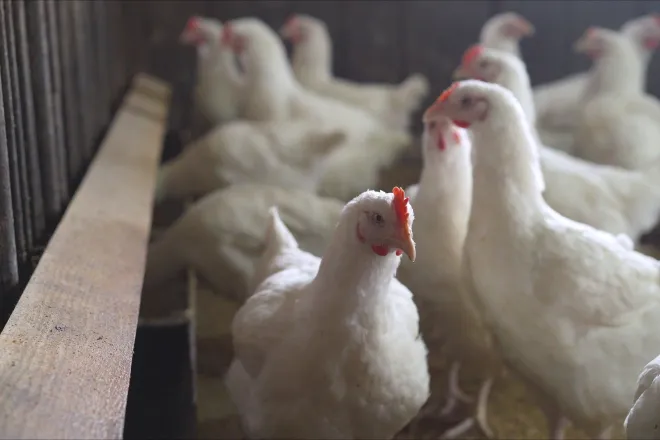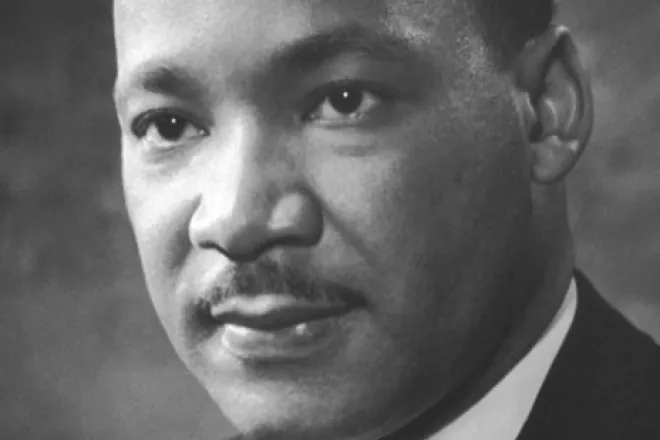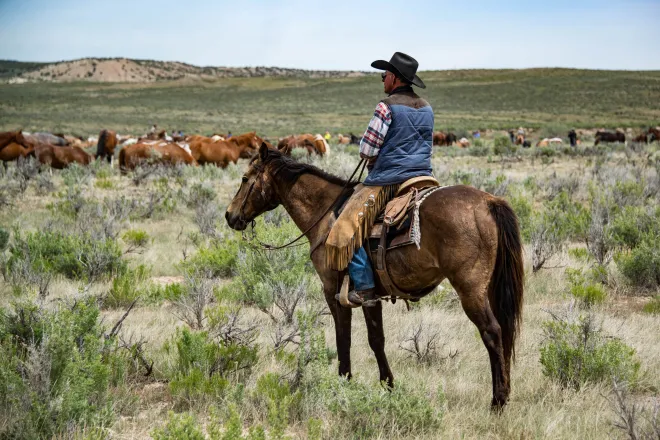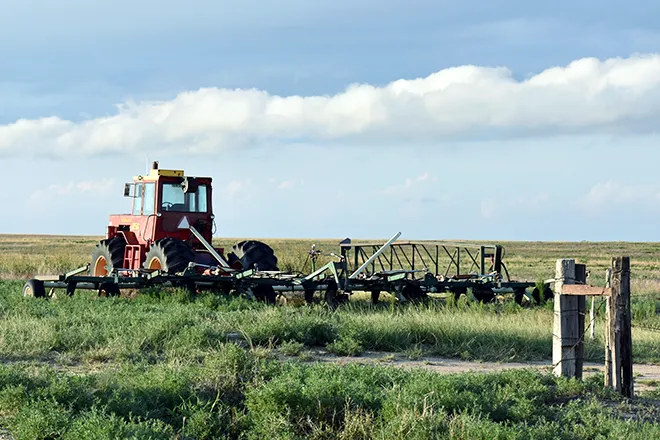
Daily Audio Newscast Afternoon Update - August 25, 2025
© INDU BACHKHETI - iStock-1336427297
News from around the nation.
Kilmar Abrego Garcia is detained again, three days after being freed from custody; UMaine professor builds app to reveal AI's environmental cost; Advocates question new plastic recycling facility in Massillon; New SD research sounds alarm on 'legal deserts' in rural America.
Transcript
The Public News Service Monday afternoon update, I'm Mike Clifford.
Kilmar Armando Albrego Garcia, the immigrant who was wrongfully expelled to El Salvador in March and then brought back to face criminal charges, was detained again today after the administration indicated it planned to deport him to Uganda.
That from the New York Times.
They report the move at an immigration and customs enforcement office in Baltimore came only three days after he was freed from custody in the criminal case against him in Nashville Over the weekend, his lawyers accused the Trump administration of seeking to coerce a guilty plea from him on the charges of human smuggling that were brought against him in an indictment in June.
CNN reports activists joining Obrego Garcia Monday accused the Trump administration of retaliating against him for fighting against his deportation and trying to exercise his constitutional rights.
Meantime, a University of Maine professor has built a new app to help users better understand the environmental impacts of artificial intelligence.
It's called what uses more and provides a rough measure of the water and energy required to generate AI content, then compares that consumption rate to other technologies.
Professor of New Media John Ippolito says the user chooses two tasks, like charging a smartphone and an AI-based activity like creating an image.
Just see not just how the energy and water impacts compare.
There's a little graph that'll show you like, oh, this bar is higher than that one, but also tweak some of the parameters.
The user's location can make a difference.
For example, cold climates don't require as much water to cool AI data centers.
I'm Catherine Carley.
After much pressure, Google released a report detailing how it measures AI's environmental impact and how it is less than the public may believe.
Sticking with the environment, advocates in Ohio are questioning the city of Mastelon's decision to grant startup funds to Polykinetics, a company marketing itself as a solution to plastic pollution.
They argue a new facility that opened in June will increase environmental and health risks instead of reducing them.
The Buckeye Environmental Network says the company promotes chemical recycling as a way to cut down on microplastics.
Elissa Yoder, an organizer with the network, explains why the company's solution creates additional risks.
"They pulverize plastic, actually creating more micro and nanoplastics.
Where is it going?
What is it going to be used for?
Neither of these options are good for the environment or human health.
Yoder says the company has not applied for air permits with the Ohio EPA.
Farah Siddiqui reporting.
And a new study shows more than half of the nation's rural communities don't have enough lawyers with more than 20 of those legal deserts located in South Dakota.
The topic has been the focus of University of South Dakota professor Hannah Haxgard.
In generations past there were more towns that just had a single lawyer sitting on Main Street who was a general provider and as those folks have retired, they found it really hard to recruit replacements.
The findings published in the South Dakota Law Review compiled by researchers at Iowa State University.
This is public news service.
The U.S. is falling behind in the global race to sell electric vehicles and losing the race could harm states with EV manufacturing plants like Arizona.
The nation still has the chance to catch up with China, its biggest competitor, according to Catherine Yusko with the American Security Project.
She's written about the EV race, highlighting some of the ways the U.S. can close the gap with China, as well as some of the biggest barriers.
She says funding from the climate legislation passed under President Joe Biden provides clean manufacturing credits that enable the U.S. to build out a more resilient domestic battery supply.
Unfortunately, with these credits being phased out by 2033, this is a new development as of the big, beautiful bill.
This is likely to slip in.
There have been billions of dollars in cancellation in battery factories in battery manufacturing since the first months of the Trump administration.
Yusko notes tariffs are another challenge, as China has a chokehold on the minerals needed to produce EV batteries.
If the EV market declines in the U.S., it could mean serious impacts for Arizona.
The state is home to the eighth largest EV factory in the country, Lucid Motors, which began operating in 2021.
I'm Eric Tegethoff reporting.
Next to Utah, where a much-needed highway project for the city of St. George was scuttled when President Trump signed the One Big Beautiful Bill Act.
The $87 million project would have built crosswalk underpasses along Interstate 15, which currently divides the city.
St. George Councilwoman, Daniela Larkin, was part of the coalition that obtained the grant.
She says losing the funding came as a shock.
We had a big celebration when we were awarded the funding initially because it really is such an important connector and safe route to school in our community.
The budget bill rescinded more than $2 billion approved for infrastructure projects under the Biden era Inflation Reduction Act.
GOP Congresswoman Celeste Malloy, whose district included St. George, voted yes on the budget bill.
She did not respond to a request for comment.
Mark Richardson reporting.
And the Public Utilities Commission of Nevada holds annual general consumer sessions today in Las Vegas.
It is a chance for members of the public to speak their minds to the commission.
A coalition of local nonprofits a public rally before the evening session to ask the Commission to increase oversight of NV Energy, the state's monopoly utility provider.
Camelot Todd with the Nevada Conservation League notes the Commission filed a petition in May to open an investigation into NV Energy for overcharging ratepayers.
They overcharged more than 80,000 customers by 17 million for more than two decades and then tried to avoid for payment of those overcharges by applying the wrong refund rule and that only came to light because Nevadans flagged that for the PUC.
Envy Energy has acknowledged the billing errors and has begun issuing refunds.
I'm Suzanne Potter.
This is Mike Clifford and thank you for starting your week with Public News Service.
Member and listener supported.
Find our trust indicators at publicnewsservice.org.



